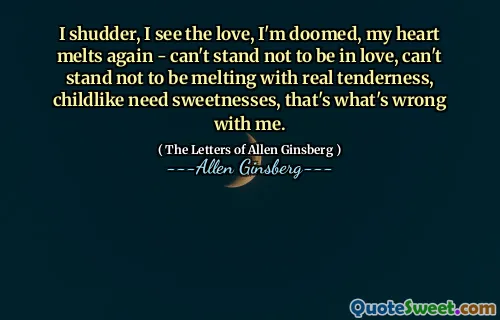they sought, from their earliest days, to use their financial leverage over individual states to improve the legal and political position of the Jews living there.
In "The House of Rothschild: Volume 1: Money's Prophets: 1798-1848," Niall Ferguson explores the ways in which the Rothschild family utilized their considerable financial power to influence the status of Jewish communities across various states. From the outset, they recognized that their wealth could be a tool for political and legal advocacy, aiming to improve the circumstances of Jews living in societies that were often hostile or discriminatory. The Rothschilds sought to leverage their financial resources to create more favorable conditions for Jewish populations. By making strategic investments and supporting governmental initiatives, they aimed to reshape the legal framework that governed the lives of Jews, thereby promoting their rights and opportunities within the broader societal context. This engagement not only reflected their commitment to their community but also illustrated the intersection of finance and social progress in the 19th century.
In "The House of Rothschild: Volume 1: Money's Prophets: 1798-1848," Niall Ferguson explores the ways in which the Rothschild family utilized their considerable financial power to influence the status of Jewish communities across various states. From the outset, they recognized that their wealth could be a tool for political and legal advocacy, aiming to improve the circumstances of Jews living in societies that were often hostile or discriminatory.
The Rothschilds sought to leverage their financial resources to create more favorable conditions for Jewish populations. By making strategic investments and supporting governmental initiatives, they aimed to reshape the legal framework that governed the lives of Jews, thereby promoting their rights and opportunities within the broader societal context. This engagement not only reflected their commitment to their community but also illustrated the intersection of finance and social progress in the 19th century.





